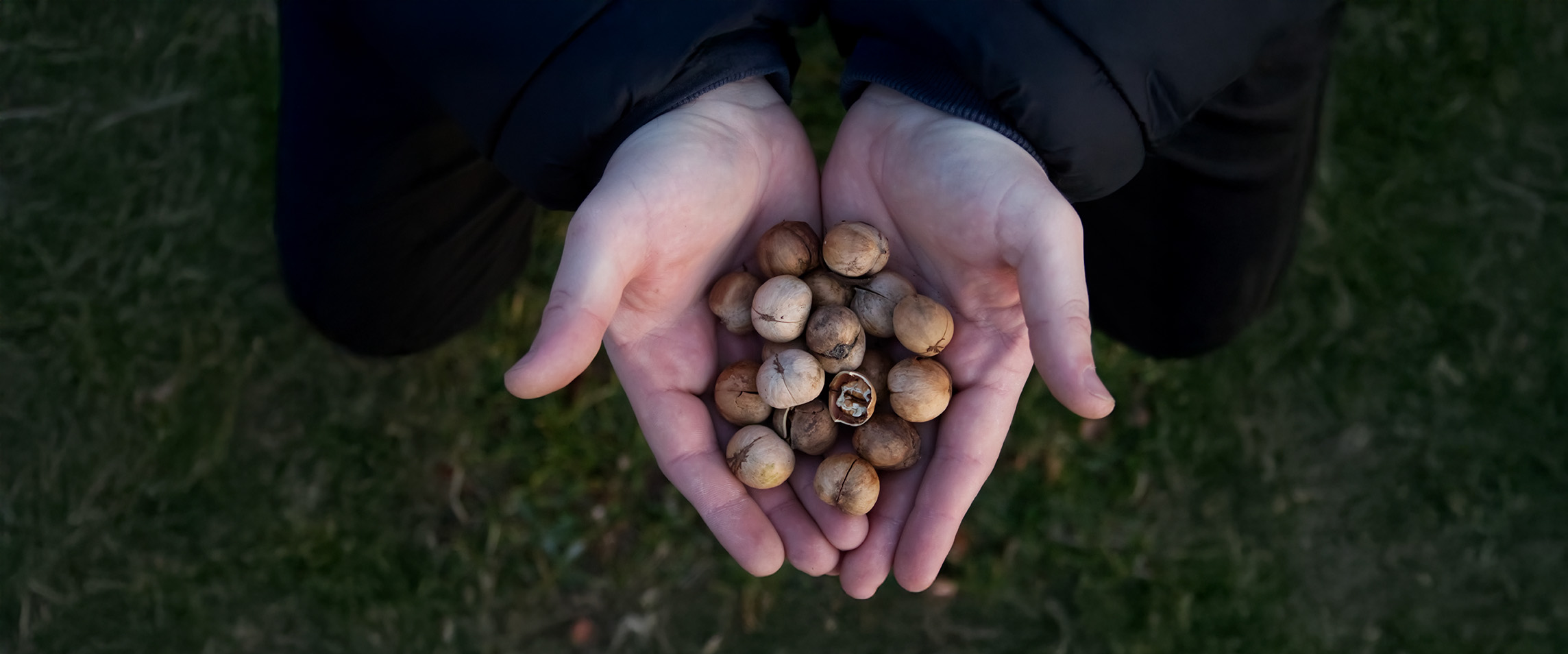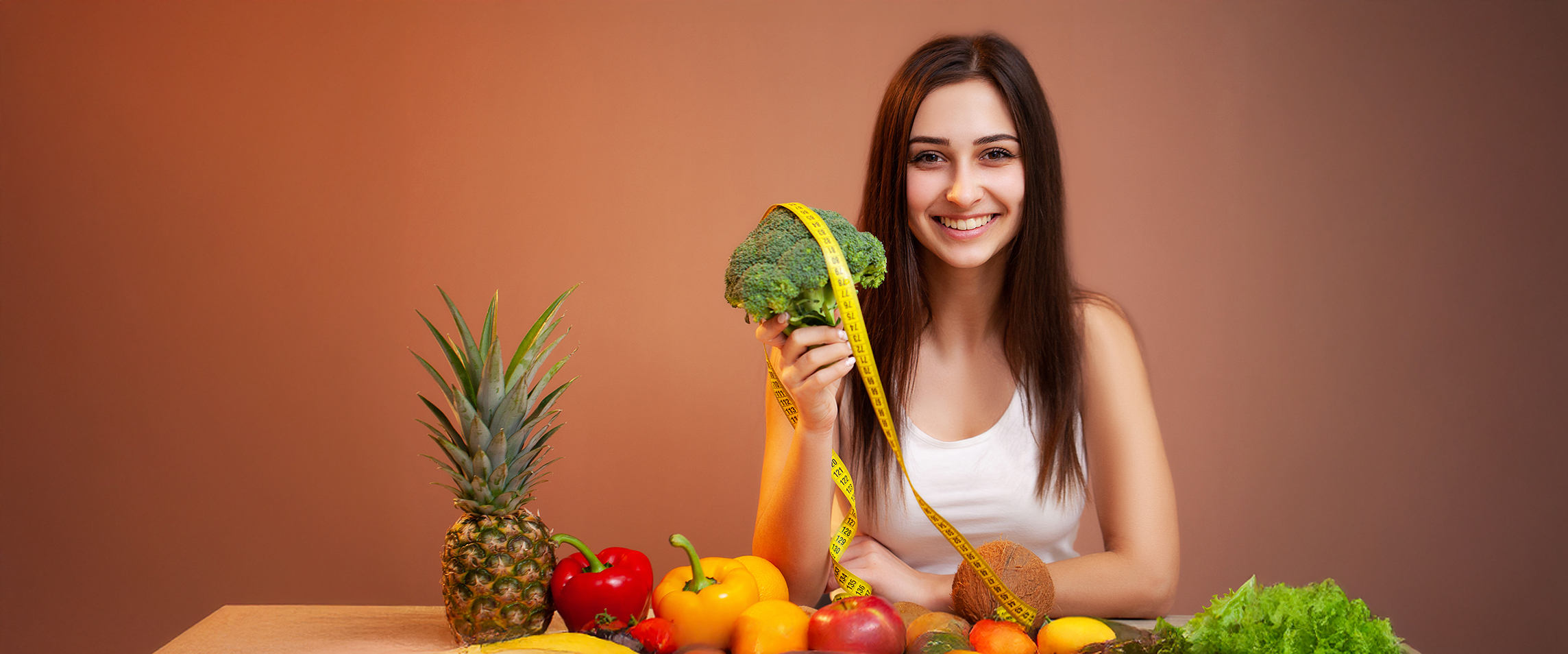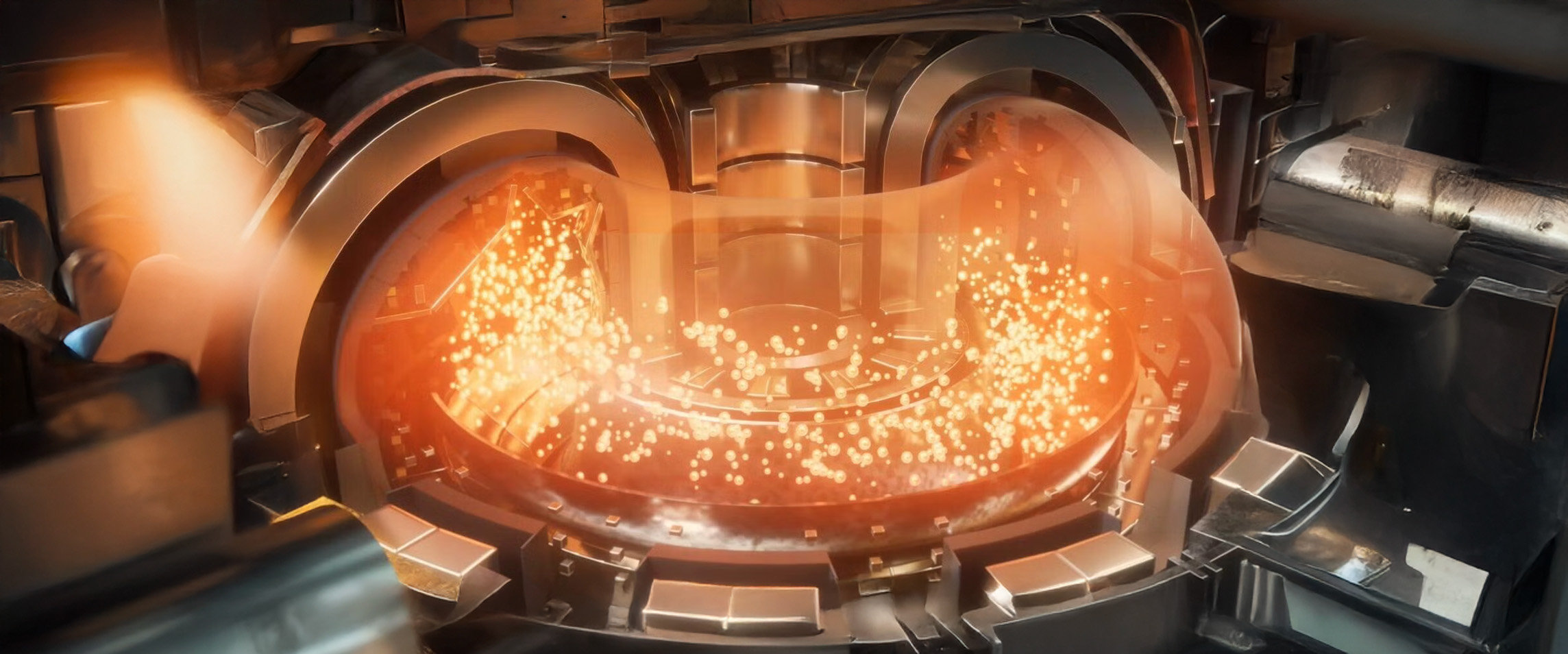They don’t look like much. Tiny. Crunchy. Sometimes stuck in your teeth. But what if the smallest things in your cupboard are some of the most powerful gifts from creation?
Nuts and seeds—those simple, earthy morsels—may be easy to overlook. But the Bible didn’t overlook them. Nature didn’t forget them. And Ellen White certainly didn’t ignore them. From Genesis to the present day, these foods have quietly carried something sacred: the strength of beginnings, the power of life, and the whisper of healing that doesn’t shout.
It starts, like most beautiful things, in Genesis. God’s very first words to humanity about food weren’t about meat, milk, or even bread. They were about seeds. “Behold, I have given you every herb bearing seed… and every tree… yielding seed; to you it shall be for meat.” That was Eden’s menu. Not grand feasts or gourmet dishes—but seeds. Simple. Humble. Yet full of potential.
Think about what a seed really is: it’s a beginning, a future waiting to unfold. Every seed holds life inside it—dormant, yes, but determined. When we eat them, we’re not just feeding our bodies; we’re participating in something deeply symbolic. We’re reminding ourselves that even the smallest things can carry immense promise.
Scripture does mention nuts, too—rarely, but meaningfully. When Jacob was sending a peace offering to Egypt, he included balm, honey, spices… and pistachio nuts and almonds. These weren’t leftovers or afterthoughts. They were treasured, carefully chosen, signs of hospitality and hope. That moment—hidden in a story of famine, fear, and reconciliation—was laced with the quiet confidence that even small gifts, offered sincerely, could shift something bigger.
Ellen White would later build on this foundation, urging believers to embrace a simpler, cleaner way of eating. Her counsel was often radical for her time—but remarkably confirmed by science today. “Tell them of the health-giving properties of nuts,” she wrote. She saw what many missed: these foods were more than snacks. They were medicine. Gentle, natural, everyday medicine.
And when you look closer, it’s astonishing. Walnuts shaped like tiny brains, rich in omega-3s that actually support brain health. Almonds glowing with vitamin E, building immunity and glowing skin. Chia and flaxseeds packed with fiber, protein, and the kind of fats that make your heart hum peacefully. Pumpkin seeds full of magnesium and zinc—quietly boosting your mood and immune system. Sunflower seeds with their sunny crunch and powerful antioxidants. Nature didn’t miss a beat. It designed everything on purpose.
But there’s something deeper, too. Seeds don’t just nourish the body—they mirror the soul. Jesus spoke of faith like a mustard seed. Not because He wanted us to admire its size, but its potential. Seeds don’t look like much. But given the right environment—water, warmth, time—they grow. That’s how faith works. That’s how healing works. And maybe, just maybe, that’s how food is supposed to work, too.
Eating seeds becomes more than a meal. It becomes an act of remembering that little things matter. That healing often comes quietly. That wholeness can begin with something small, something crunchy, something ancient and divine.
You don’t need a superfood label to see their worth. You just need a heart open to wisdom—biblical, spiritual, practical. You need a moment of pause in the middle of a busy day, where you reach for something real. Something whole. Something God made.
And in that simple act—in that handful of walnuts or spoonful of flax—you might feel it. The restoration. The nourishment. The return to something you didn’t even know you were missing.
Because sometimes, the path to healing doesn’t begin with something new. It begins with something old. Something seeded in Eden. Something that still grows, still feeds, still heals.
Maybe it’s time we cracked open more than shells. Maybe it’s time we cracked open our understanding—of food, of faith, of what really feeds us.
And maybe, just maybe, it starts with a seed.








